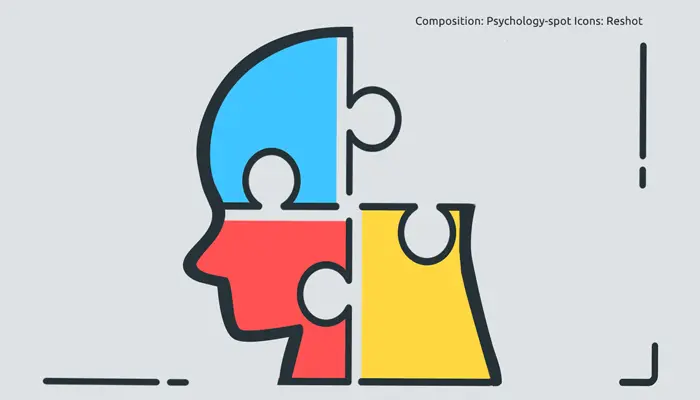
Are you one of those people who only grasp the essentials and forget the details? Science reveals that what has been popularly considered a “bad memory” could actually be a very useful mechanism to help us make more intelligent and adaptive decisions.
“In the practical use of our intellect, forgetting is as important as remembering”, wrote psychologist William James centuries ago. Now researchers at the University of Toronto have taken up this idea to develop a new theory on the importance of forgetting.
More is not always better
The difficulties to remember certain things have always been considered as a memory failure, an error in the system of storage and retrieval of information. This is because we think of memory as a static storehouse of information and memories where losing something equals a deficiency.
In the last decades it has been discovered that memory is a much more complex cognitive function, it is not a simple reservoir of information. Actually, the main function of memory is to help us optimize decision making. It allows us to use our experiences and the information we have stored to assess the consequences of the different alternatives and choose the most convenient one.
However, accumulating too much information does not guarantee us to make the best decisions. In fact, in some cases it can be counterproductive. The researchers indicate that “the persistence of memory applied to transient or unusual aspects of the transient world is detrimental, as it can lead to inflexible behavior and/or incorrect predictions. Persistence is only useful when it maintains those aspects of the experience that are relatively stable and/or that predict new experiences.”
This means that we need to “clear” our store of all the irrelevant informations that could affect decision making by bringing up useless details. By getting rid of information that is not important, the brain can allocate more cognitive resources to make decisions and will do so more quickly.
How does remembering and forgetting work?
To bring up a memory or information, it is produced a reactivation of the neurons that were active at the time the coding occurred. In other words, our brain reactivates those synaptic connections. This is known as persistence.
On the contrary, forgetting implies an alteration, modification or destabilization of these synaptic connections. It is what is known as transience. And it is at that moment that forgetfulness occurs or that memories are “contaminated”.
The interesting thing is that an environment rich in stimuli promotes neurogenesis in the hippocampus, also in adults. As these new neurons mature they begin to make connections and continually reshape the circuits of the hippocampus. This remodeling process is competitive, which means that the new connections replace the old ones, those that are no longer significant.
The balance between this process of persistence and transience is precisely what allows us to make smarter decisions.
How forgetting helps us make smarter decisions?
Why does our brain spend so much energy storing up memories and then erasing it? How is it possible that forgetting allows us to make better decisions?
On the one hand, we must consider that in a world that continually changes many of the data we have stored become obsolete, therefore it is important to replace them with more current content.
If we respond to the challenges of the current environment with outdated information, our response will not be adaptive, but will probably become a source of problems. To avoid it and make room in our memory, we must be able to “erase” the unnecessary information that has become obsolete.
On the other hand, forgetting facilitates what is known as “regularization”, a process by which we limit the storage of irrelevant details prioritizing generalizations that allow us to make decisions quickly. That is, our memory works like this: first we collect a lot of information, which is useful for drawing conclusions, but once we have made that generalization, we do not need the details and we delete them.
In this way, when we need to make a decision, we do not have to access all those details but only the generalization that we have reached. This economy of resources allows us to activate another type of information relevant to decision making and, of course, helps us to decide more quickly since we are going straight to the point.
Sources:
Richards, B. A. & Frankland, P. W. (2017) The Persistence and Transience of Memory. Neuron; 94(6): 1071-1084. Gonçalves, J.T., et. Al. (2016) Adult neurogenesis in the hippocampus: from stem cells to behavior. Cell; 167: 897-914.
McAvoy, K.M. et. Al. (2016) Modulating neuronal competition dynamics in the dentate gyrus to rejuvenate aging memory circuits. Neuron; 91: 1356-1373.
Toni, N. et. Al. (2008) Neurons born in the adult dentate gyrus form functional synapses with target cells. Nat. Neurosci; 11: 901-907.



